The Phoenix of Budapest: The Woman Who Turned Survival into Stardom
There’s something haunting about the Hollywood legends who didn’t chase fame but found it by accident—women who walked through fire before stepping into the light. Eva Six was one of them. Born Éva Klein in the heart of war-torn Budapest, she didn’t arrive in California with an entourage or a script in hand. She came with scars, courage, and the quiet hope of starting over. Her story isn’t one of excess or ego—it’s about transformation. From escaping revolution to captivating audiences with her few yet magnetic screen moments, Eva Six lived like a phoenix—rising, shining, and leaving behind a spark that refuses to die out.

From Budapest’s Rubble to Hollywood’s Sunset Dreams
Close your eyes and imagine Budapest in 1937—a city filled with laughter, culture, and fear lingering on the horizon. That’s where Eva Klein was born, to a Jewish father and a Catholic mother. But childhood quickly turned to survival. During the Holocaust, her father disappeared into the dark machinery of war, leaving Eva and her mother to navigate danger under false names and fabricated stories. They changed “Klein” to “Kennedi” to escape persecution—an act of courage that would foreshadow her entire life.
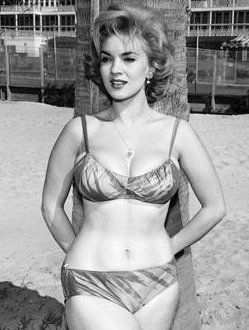
By the 1950s, the city had survived war only to fall under Soviet control. Yet even in oppression, Eva’s spirit burned bright. She won beauty contests, worked as a model, and tried to build a normal life with her husband, Roy Schmidt, an architect, and their young daughter. But when the Hungarian Revolution erupted in 1956, the family knew survival meant escape. In the chaos of tanks and gunfire, Eva fled—leaving behind everything but her will to begin again.
Video : Eva Six Tribute
Crossing Oceans and Rebuilding a Life
Landing in America wasn’t glamorous. It was gritty, uncertain, and humbling. Eva arrived as a refugee, not a starlet. She spoke with an accent, had little money, and carried the invisible weight of the past. But something about her—her poise, her elegance, her quiet strength—drew attention. Within a few years in Los Angeles, she began modeling again, using the same charisma that once turned heads in Budapest.
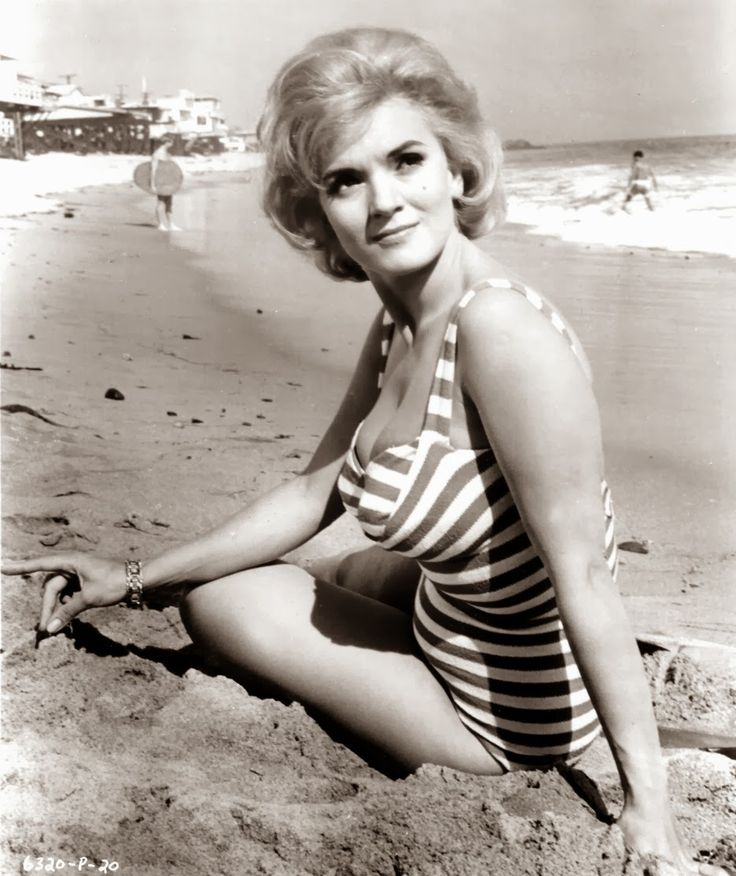
Then came the call that changed everything. A producer from American International Pictures spotted her during a casting session and saw something magnetic. He gave her a new name—Eva Six—and with it, a new identity. It was punchy, exotic, and unforgettable, the kind of name Hollywood loves. But behind it was still the same woman who had walked through fire to find peace.

Hollywood Calling: A Star Born in Rebellion
Eva’s Hollywood debut came in 1963, and it was impossible to ignore her. In 4 for Texas, alongside Frank Sinatra and Dean Martin, she was sultry, smart, and effortlessly captivating. She didn’t overact—she existed, with that quiet confidence of someone who’d lived more life than her co-stars combined. Critics noticed. Audiences remembered. And just like that, Eva Six became Hollywood’s newest fascination.

That same year, she took to the beach in Beach Party, dancing and singing her way into pop culture history. Her performance was electric—sunshine mixed with mystery. It wasn’t just beauty; it was presence. People compared her to Zsa Zsa Gabor, but Eva had something different—a survivor’s glow that made her unforgettable. In Operation Bikini, she showed another side: bold, patriotic, and emotionally grounded.

For someone with only a handful of roles, Eva Six made every second count. She became a small yet dazzling constellation in Hollywood’s crowded sky—a reminder that sometimes a whisper can outlast a shout.
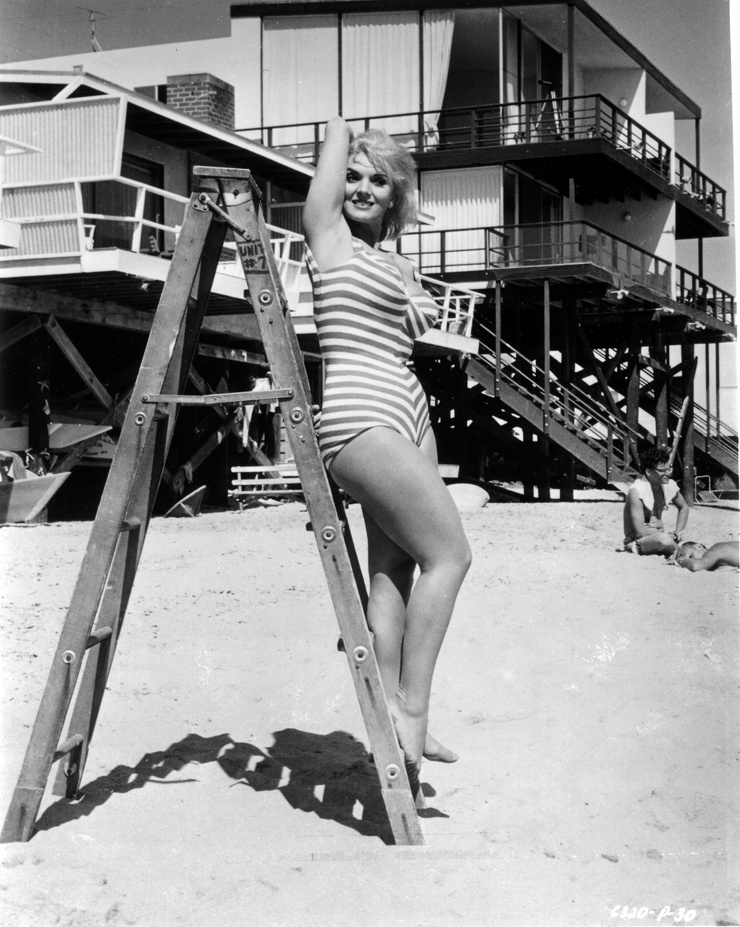
Beyond the Screen: The Woman, The Mother, The Survivor
Off-screen, Eva was nothing like the glamorous characters she played. She preferred quiet evenings to wild parties, family dinners to flashing cameras. Her husband, Roy, was her anchor through the whirlwind years, and their daughter was the heart of her new life. She balanced photo shoots with motherhood, choosing authenticity over illusion.
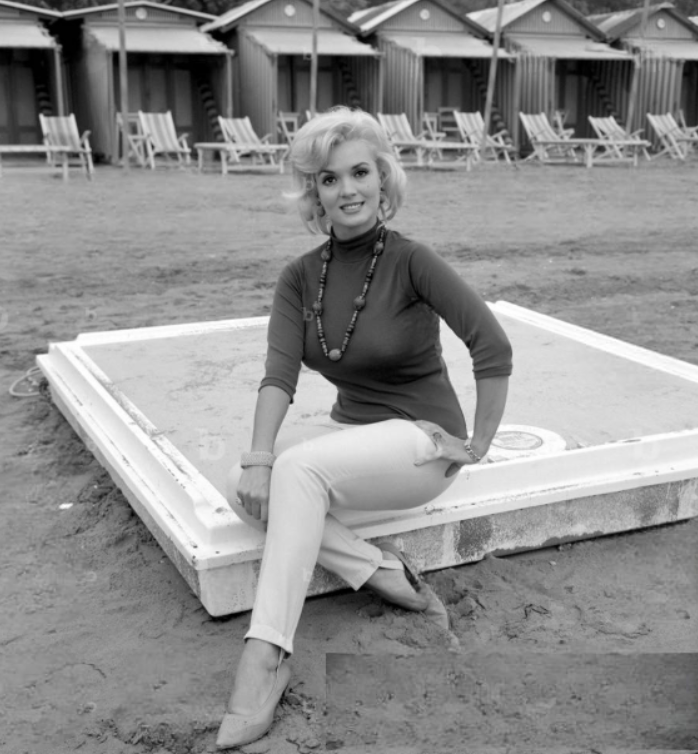
Even in the press, she stood out for her humility. “I don’t want to be famous,” she once said in an interview. “I just want to live beautifully.” And she did—always elegant, always grounded. Her Hungarian roots stayed close to her heart. She cooked traditional dishes, spoke the language at home, and never forgot where she came from.
Video : William Shatner: 1963 “Operation Bikini”…clip….narrator
Fading from Fame, Not from Memory
By the mid-1960s, Eva began stepping away from Hollywood. She didn’t vanish out of failure—she chose peace. “Hollywood is beautiful,” she once said, “but it can eat you alive if you let it.” She didn’t want to become a caricature of herself or chase roles that didn’t speak to her soul.

She and Roy eventually returned to Budapest, where she lived quietly, far from the neon lights of Los Angeles. Her acting days were behind her, but her legend lived on in film reels and fan memories. She spent her later years embracing normalcy—raising her family, strolling along the Danube, and rediscovering the rhythm of home.
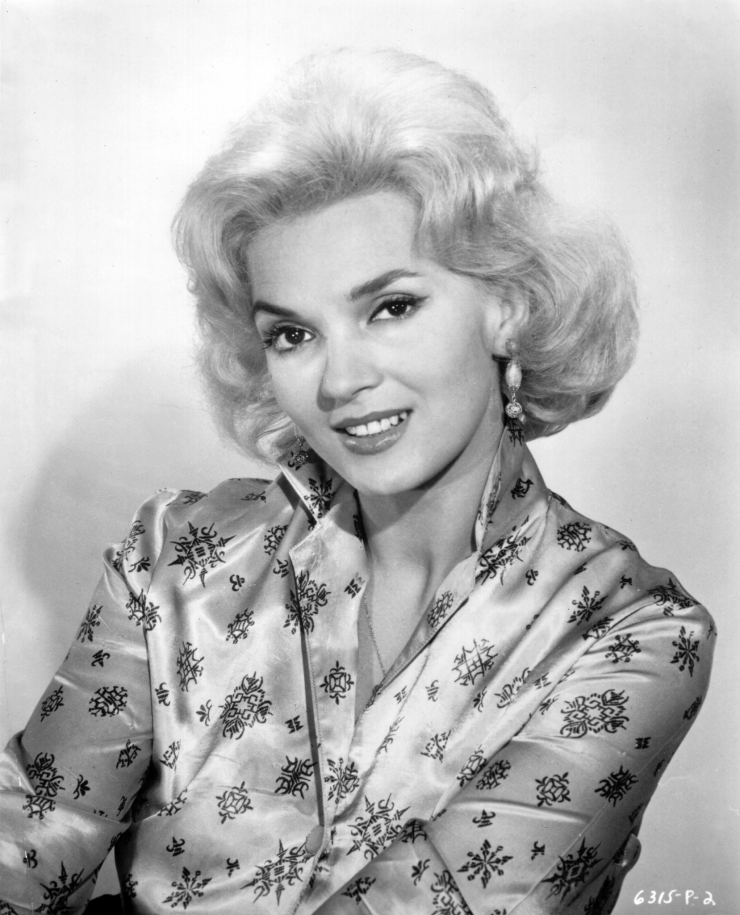
Eva passed away in 2000 at the age of 62. There were no grand Hollywood tributes or flashing headlines—just a few lines in old newspapers and the lingering warmth of those who remembered her glow. But perhaps that’s exactly how she would have wanted it.
The Legacy of a Forgotten Flame
Eva Six’s life reads like a screenplay that never needed rewriting. It’s a story of survival, reinvention, and grace under pressure. In an industry built on image, she brought substance. In a world that valued noise, she offered silence—and in that silence, she became timeless.
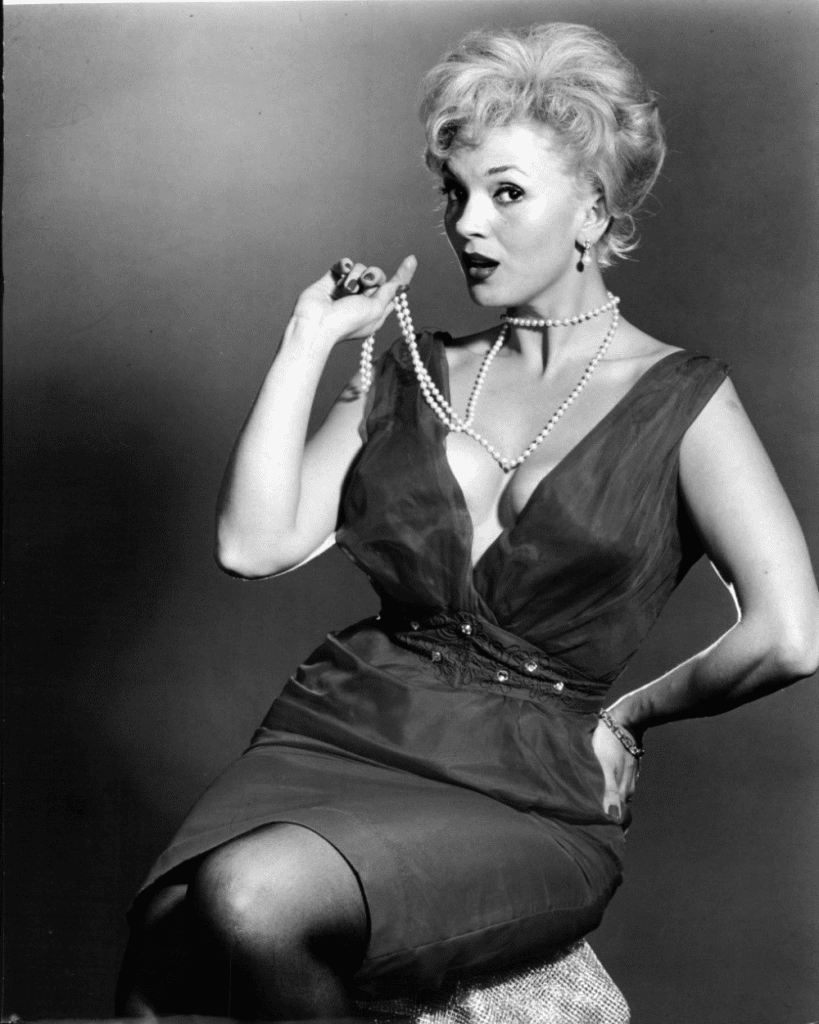
Today, her films remain cult classics, revisited by those who see beyond the surface. She was more than a beauty queen, more than a Hollywood starlet—she was proof that resilience can be the most captivating performance of all.
Conclusion: The Quiet Brilliance of Eva Six
Eva Six’s journey—from the ashes of Budapest to the sunshine of California—isn’t just a Hollywood story; it’s a human one. She showed that rebirth doesn’t need red carpets—it needs courage. Her life reminds us that even brief appearances can leave eternal marks, and that true elegance isn’t about fame—it’s about authenticity.

She may not have had a long list of credits, but her spirit remains part of Hollywood’s golden glow. Eva Six wasn’t chasing fame—she was chasing freedom. And in doing so, she found something far more enduring: immortality in the hearts of those who still believe in the power of starting over.